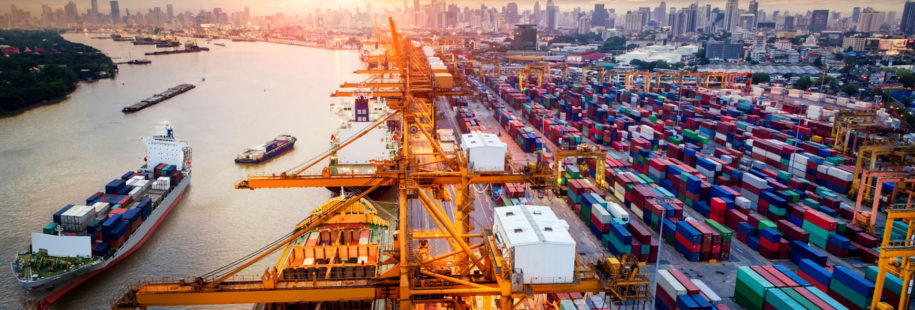
THE LOGISTICS OF THE FUTURE
Logistics and supply chain operations have become pivotal in the COVID-19 health crisis. Distribution networks have, for many months, come under considerable pressure and have demonstrated resilience but also a high degree of flexibility.
When we have not reached the absolute standard, many experts have asked themselves, is there a new logistics after coronavirus? What will change?
Stock Logistic, the global logistics operator, has analyzed these factors that will mark the dynamics of international supply chains, before and after of an industry that has always been strategic and global in scope.
Increase e-commerce
According to some reports, the growth of e-commerce sales in recent months has increased by 50%. In addition, the categories have made significant progress that so far cannot be ignored in this channel, such as food. According to some experts, the resurgence of e-commerce is to stay and this will have an impact on logistics by road, sea and air.
Environment
The debate over the fight against climate change is another aspect that accelerated the Covid-19 crisis. Decarburization, the use of alternative energy, the growing role of railways… are a number of factors that will affect public and private schedules, both nationally and super-national. Some experts point out that “Green Agreements” will promote, among other things, efficient multimodal terminals, allowing easy connections between other transport systems.
Strengthen remote work
In a health crisis, it becomes clear that the systems that work best are those with reliable teams instead of those that are just more technical. At the same time, digitalization has accelerated the remote work process. According to statistics of the Central Bank of Spain before the crisis, the rate of using remote services in our country was 7.6% and now it is 80%. We are facing paradigm shift so that companies, associations or regulators start to take it into account.
Business dumping
It is based on selling a product or service to another country at a price below the market price. The aim is to introduce the good into that market, but doing so would cause serious harm to local companies marketing the same good or service. Dumping is not illegal, not prohibited, but the laws of some countries provide for the collection of anti-dumping taxes to compensate such companies. Some point out that this phenomenon is a consequence of economic globalization.
Source: stocklogistic

If you need assistance with import and export of international goods, you can contact our Smart Link team, for advice on service advice as well as necessary related customs procedures.


































